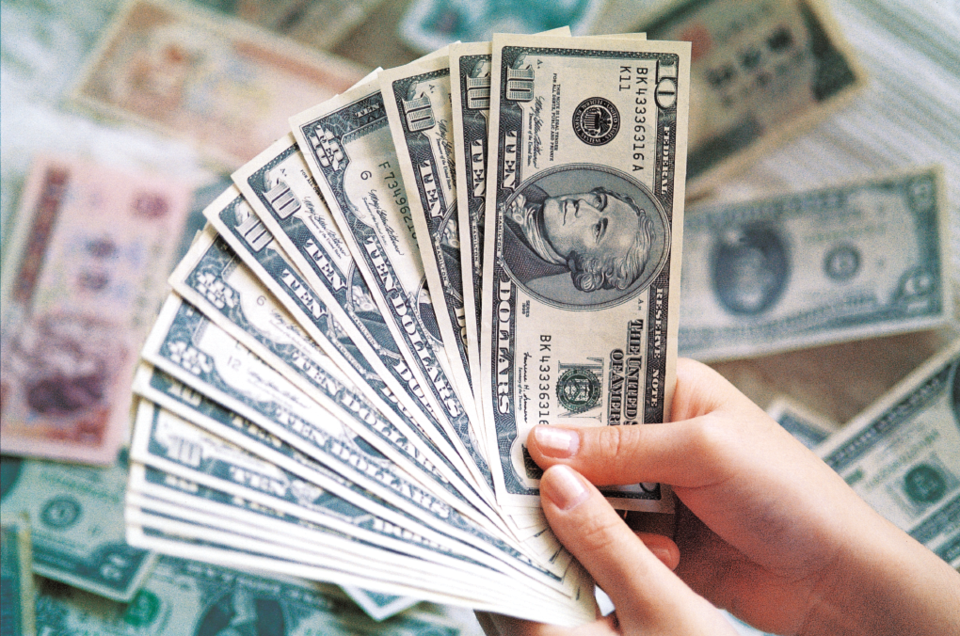A typical Arlington homeowner would pay $11,173, about $500 more than currently and an all-time high, to fund County Manager Mark Schwartz’s proposed $1.62 billion fiscal 2025 county budget.
It’s an overall budget proposal up 4.7 percent from the current fiscal year, which ends June 30.
Schwartz unveiled the spending package at the Feb. 24 County Board meeting, handing the matter over to County Board members for several months’ worth of deliberations.
“This is the beginning of the conversation,” Schwartz said, telling board members he was focusing on “critical needs” in the budget.
Homeowners will face a rare double-whammy, as County Board members are being asked to increase the current real-estate tax rate from $1.013 to $1.028 per $100 assessed value in a year when home assessments already are higher.
(In the most formal sense, the tax rate will decline from $1.03 to $1.028 per $100 in Schwartz’s proposal, but only because it shifts the previous property-tax surcharge on real estate to a fee-based system that in most cases will cost property owners approximately the same amount.)
The $11,173 tax burden detailed by the county government is based on a typical home value (combining single-family, attached and condominiums into one) plus trash collection and water/sewer services (each rising in fiscal 2025), vehicle taxes and utility taxes. Owners of single-family homes, which typically sell for $1 million or more in Arlington these days, would see a higher tax/fee burden.
Some other fees, such as for parks-and-recreation programming, also are proposed to go higher, as are fees for Arlington Transit (ART) bus service. The package also includes a proposal for the elimination of some jobs in the government workforce.
The county government would provide an infusion of nearly $10 million in additional funding to the county school system from the current fiscal year as part of the proposal.
County Board members take over from here, and are set to advertise a maximum real-estate tax rate on Feb. 27. Two public hearings, one on the tax rate itself and the other on the overall budget, will be held before final adoption.
Real-estate tax bills are payable in two equal installments, one in the spring and the other in the fall.
The likelihood the county government would impose a double-whammy – a higher tax rate to go with higher assessments – was let out of the bag last October by then-County Board Chairman Christian Dorsey in remarks to the Arlington County Democratic Committee reported by the GazetteLeader. (Dorsey by that point was a lame duck; his last day after eight years in office was Dec. 31.)
If past is prologue, it’s unlikely County Board members will face any negative consequences by enacting a higher tax rate. The issue of homeowners’ tax burdens only rarely makes it into conversation during Democratic nominating processes for County Board, which in Arlington are tantamount to election.



